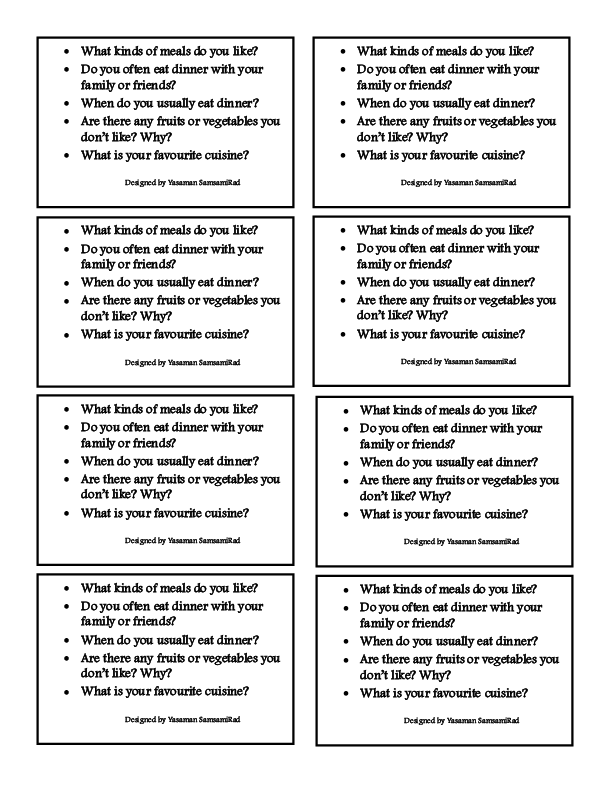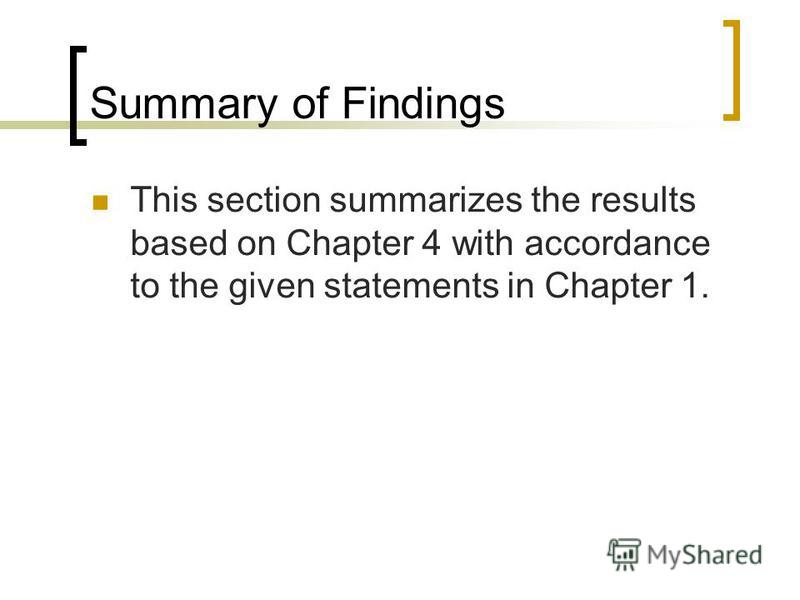The Effectiveness of Play Therapy and Reactive Attachment.
Discussion. Reactive Attachment Disorder is a mental health disease with neurological implications, which may be caused by abuse during the first five years of life. Recognition of this disease, its background causes, and knowledge of effective parenting guidelines, are reasonable expectations for all physicians and mental health care providers.LITERATURE REVIEW Research from the Center for Disease Control illustrates that teen violence is caused by emotional distress, learning disorders and attention violence. Although there are some other behaviors and causes responsible for teen violence in the society, diseases usually prevent the normal functioning of the brain.In recent years, there has been an increase in the number of children diagnosed with Reactive Attachment Disorder (RAD). There is considerable disagreement about what this entity actually entails and, in particular, what types of assessments and interventions to use with these children and families.
LITERATURE REVIEW OF INTERVENTIONS FOR DISRUPTIVE BEHAVIOR 2. disorder, post-traumatic stress disorder, reactive attachment disorder as well as many more. Students with these disorders may exhibit behaviors such as running away, commonly referred to as eloping, screaming, self-harm, tantrums, violence, and destruction of the environment.Attachment disorder (AD) arises when a child under the age of three suffers an early life trauma like abuse, separation from a parent, or illness. They miss out on the love, comfort and nurturing that they need, and fail to form normal loving relationships with their primary carers.

Attachment Theory and Reactive Attachment Disorder infants are intrinsically driven to form attachments, they will attach to the primary caregiver regardless of the type of interactions that occur. Thus, attachment status is classified according to quality rather than quantity (Main, 1996). Four infant attachment styles have been identified.












